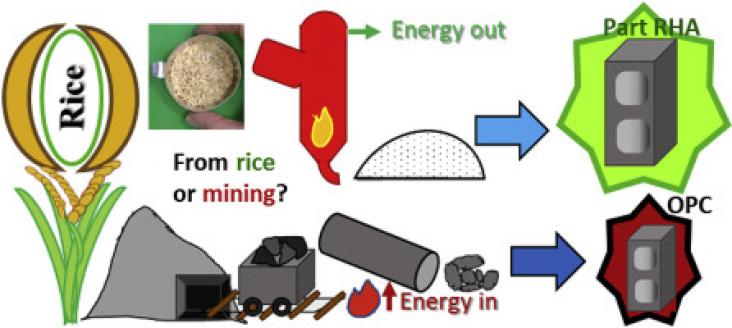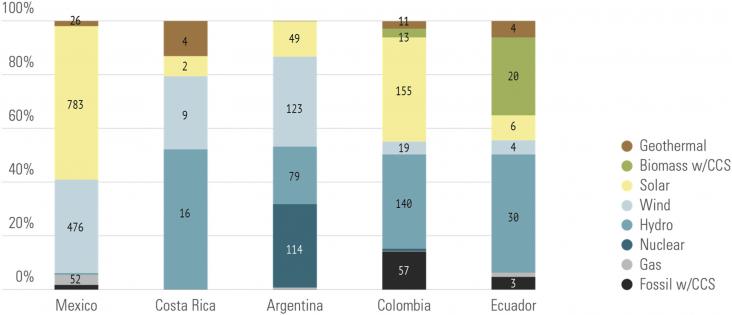Nudging is seen to complement or replace existing policy tools by altering people's choice architectures towards behaviors that align with government aims, but has fallen short in meeting those target
Wolf-Peter Schill is Deputy Head of the Energy, Transportation, Environment Department at the German Institute for Economic Research (DIW Berlin), where he leads the research area Transformation of
Background: Approximately 2·8 billion people are exposed to household air pollution from cooking with polluting fuels.

After water, concrete is the second most used material in the world. Using life cycle assessments, concrete has typically been found to be 80% of a residential building by weight.
Solar light-driven water splitting provides a promising way to store and use abundant solar energy in the form of gaseous hydrogen which is the cleanest chemical fuel for mankind; therefore this field
This article supports SDGs 7 and 9 by creating a digital twin model of batteries via combining emerging machine learning technologies and battery modeling, achieving more intelligent control and longer battery life, providing key technologies for establishing an intelligent battery management framework in the future.
This article supports SDGs 7 and 9 by introducing the application of PEM fuel cells in different fields and the current status of related technologies, and it proposed that machine learning and artificial intelligence have important potential in optimizing the design, control, cost reduction, durability improvement, and monitoring operational health of fuel cells.
The new European Commission plans to raise the greenhouse gas (GHG) emissions reduction target from 40% towards 55% by 2030 and make Europe the first climate-neutral continent by 2050.

This synthesis paper presents the objectives, approach and cross-cutting results of the Latin American Deep Decarbonization Pathways project (DDP-LAC).
